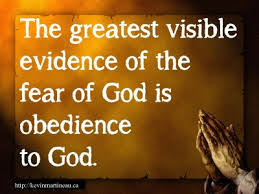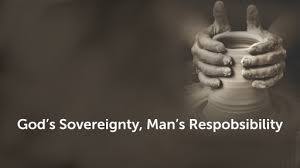I love to watch movies about superheroes. Whether it’s Wonder Woman or Iron Man, I like to see them in action. They offer themselves unselfishly as they battle intruders from space, another dimension, or the giant mushroom that mutates into some incredible threat.
I am especially drawn to those who band together to save the world. The Marvel superheroes including the Avengers and the X-men hold my attention for hours. Every month it seems a new movie is released highlighting new superheroes who appear to save the world from some horrific ending. This month’s offering is The Eternals.
We often seek ways to escape the stress of everyday living. We retreat to a world where “superheroes” share our humanity yet possess mystical abilities to overcome the monsters that threaten the world. Unfortunately with superheroes, we must be careful not to believe their “hype”. It is important to keep reality separated from fantasy.
Health pandemics, economic uncertainties, and erosion of social consciousness leave us longing for someone to “fight our battles”. If we aren’t careful, we may be misled to believe that superheroes will appear to save the day. But “don’t get it twisted”. Translation: don’t mistake fantasy for reality. There are no superheroes. But there is, however and more importantly: The King eternal, immortal, invisible, the only wise God. (1 Timothy 1:17)
Who is God?
To avoid getting it twisted, it is important that we first possess a correct understanding of who God is. This can be accomplished through learning about His attributes.
Attributes are a window through which we can think about who God is. God’s attributes are first introduced in the biblical record through His mighty act of Creation. Triune God banded together to create the world!
God ultimately reveals Himself through Jesus who was made, “a little lower than the angels, for the suffering of death…that He might taste death for everyone” (Heb. 2:9). Jesus came to save the world from a horrific ending!
Understanding God is more than “head knowledge”. God desires that we have a personal relationship with Him. As we experience the challenges of 21st century living, we learn more about who God is. Through His presence and His power, we learn to trust and depend on Him (Ps. 89:13).
Eugene H. Peterson writes in Practicing Resurrection, the importance of keeping our focus on the reality of God and His work in the life of the believer.
When we squander life on anything less than the God revealed in Jesus, and made present in the Spirit, we miss out on life itself, resurrection life, the life of Jesus.
Keeping it Real
Once we know who God is, it is then critical that we develop a Christian worldview. The term worldview is used to describe a core set of values and principles through which the world is understood. It is our reality.
Our worldview consists of our beliefs (what we view as true) and our values (what we view is good). Our worldview impacts every decision. It will ultimately determine our behavior (what we will do).
As Christians, our worldview is seen through Jesus’ eyes (John 14:6). It is the determining factor in all we do, how we live, and how we react to life. We form our worldview based on His life and teachings. It is the only way to navigate through this world.
Don’t get it twisted
When we know who God is and develop a Christian worldview, we are less likely to “get it twisted.”
God’s Word, His promises, and His Spirit help us keep it real. While we love superheroes we never are confused “where our help comes from” (Ps. 121:1-8). The King eternal, immortal, invisible, the only wise God is our real Superhero.










